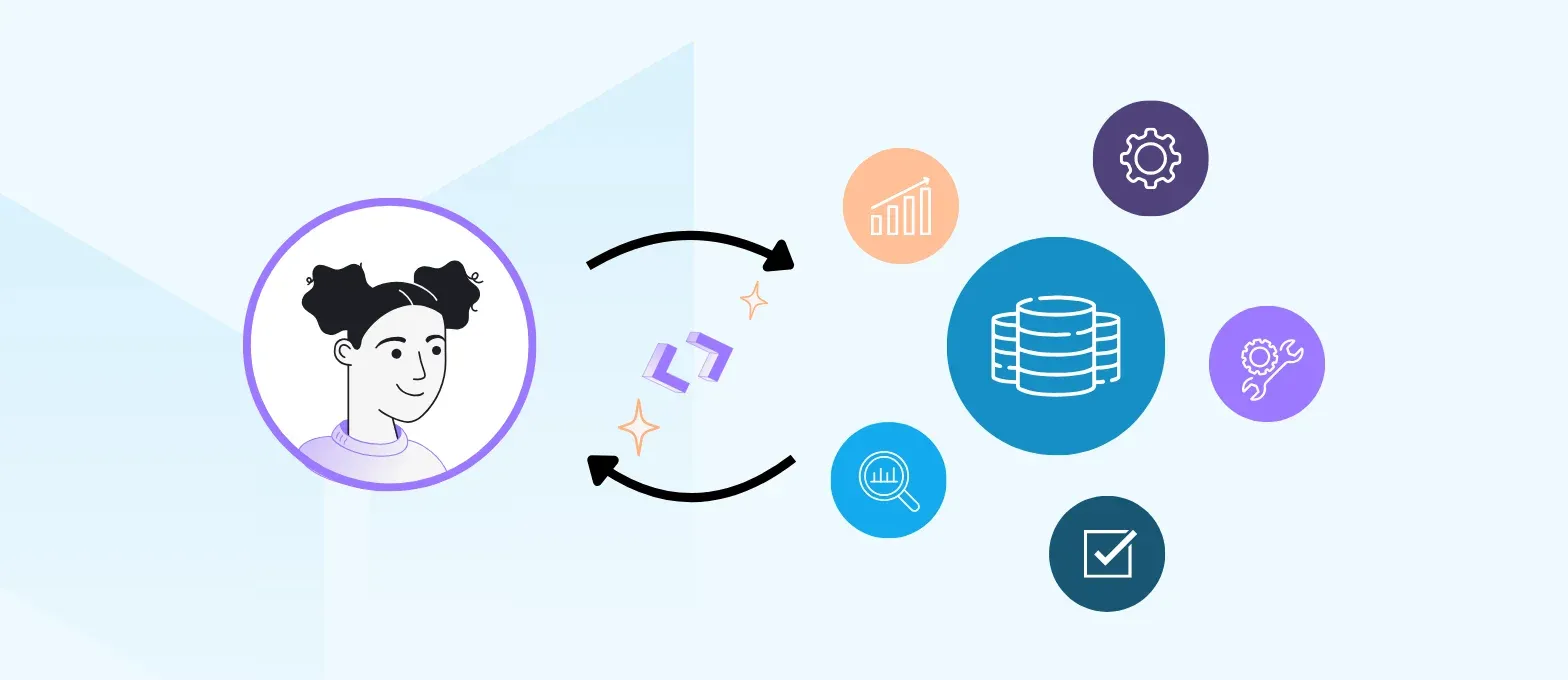Jobsity’s Role Spotlight Series: Big Data Engineers

Welcome to Jobsity’s Role Spotlight Series, where we highlight some of the most in-demand tech professionals.
This week, we’re focusing on Big Data Engineers. What does the role entail? What kind of education do they need? What should employers look for when hiring a Big Data Engineer? And how do they impact today’s top industries?
Let’s find out.
What Is a Big Data Engineer?
Big Data Engineers design, build, and maintain the systems and architecture that allow organizations to process and analyze massive datasets. They work closely with data scientists and analysts. The overarching goal of their work is to understand the data needs of an organization. From this, they create systems that can handle large volumes of that data efficiently and securely.
They often specialize in developing data pipelines, optimizing databases, and integrating various data sources. They support business goals by making sure that data is accessible, reliable, and ready for analysis at a moment’s notice.
Big Data Engineers usually hold a bachelor’s degree in computer science, IT, or a similar field. Many also pursue advanced degrees or certifications in big data technologies throughout their careers. This broadens their expertise and helps them stay current with industry trends.
But don’t discount a candidate with more practical experience than formal education! Many Big Data Engineers gain valuable skills through internships, projects, and specialized training programs. Real-world positions give new perspectives and introduce more scenarios than classroom training alone.
Tools and Platforms Used by Big Data Engineers
Big Data Engineers work with a wide variety of tools and platforms to build and maintain data infrastructure. These often include:
- Data Processing Frameworks: Apache Hadoop, Apache Spark, Apache Flink
- Database Technologies: MySQL, PostgreSQL, MongoDB, Cassandra
- Data Warehousing Solutions: Amazon Redshift, Google BigQuery, Snowflake
- ETL Tools: Apache NiFi, Talend, Informatica
- Streaming Platforms: Apache Kafka, Amazon Kinesis, Apache Pulsar
- Version Control: Git, SVN
- Cloud Services: AWS, Azure, Google Cloud Platform (GCP)
These tools help Big Data Engineers manage, process, and analyze large datasets, supporting effective decision-making.
Industries Benefiting from Big Data Engineers
Big Data Engineers hold a valuable position across industries:
Healthcare: Big Data Engineers integrate patient data for better care coordination, develop predictive models for disease identification, optimize operational processes, and support medical research with data analysis.
Energy: Big Data Engineers analyze smart grid data to perfect energy distribution, predict equipment failures for maintenance, integrate renewable energy sources, and support energy market analysis.
Manufacturing: In manufacturing, they monitor product quality, support supply chain operations, identify process inefficiencies, and design predictive maintenance techniques.
Food: They create systems for food traceability and safety, refine product quality assessment, forecast demand for efficient production, and analyze environmental data for sustainable practices.
Finance: Big Data Engineers manage financial risks, detect fraud, develop algorithms for automated trading, and analyze customer data for personalized marketing and improved retention.
Qualities of a Successful Big Data Engineer
Hiring a Big Data Engineer requires more than an eye for skill. It’s true that successful Big Data Engineers have a strong foundation in programming languages like Python, Java, or Scala. They also need experience with databases such as SQL and NoSQL, and familiarity with systems like Apache Spark and cloud computing platforms is a significant advantage.
But technical expertise isn’t everything—not by a long shot. You should look for candidates with strong problem-solving abilities and an analytical mindset. Big Data Engineersneed to be able to understand complex datasets, identify patterns, and be flexible in their solutions.
Attention to detail, the ability to collaborate with diverse teams, and excellent communication skills are also important. Big Data Engineers often find it necessary to explain their work to both technical and non-technical stakeholders. They should be able to “code-switch” for different audiences, so everyone can understand both the problem and solution.
Big Data Engineering is also a continuous learning process. Technologies, tools, and best practices change frequently, so a good Big Data Engineer takes courses to stay ahead of the curve. A bonus is Agile training. The combination of Big Data Engineering and Agile methodology brings a valuable combination of skills to the table.
And, of course, you’re looking for someone reliable—with a track record of success and a commitment to staying with a project end to end. You need someone who gets the job done right, the first time.
That’s Where Jobsity Comes In
Our approach to staffing helps you level up your tech team, with long-term payoff. We find your ideal candidate, on your timeline, in your budget. We pride ourselves on taking the hassle out of hiring. Our accountability practices are second to none and we know first-hand how to handle a diverse team for the best results.
Best of all? We’re reliable. We’re there for you every step of the way, from your first call through the years of our partnership. Jobsity’s more than a company, we’re an extension of your organization and community. We believe in your success and want to support it.
We have the best candidates on the block and the track record to prove it: devs to meet every need your business has, now and in the future.
Jobsity devs stand head and shoulders above the rest, with an average retention rate of over 3 years. They represent the top 3% of LATAM talent, specializing in programming languages like Python, Java, and Scala.
That’s why companies like McGraw Hill and Creed Interactive trust Jobsity to provide the talent they need to make their projects a breeze.
Why not give us a try? Your risk free trial’s just a friendly chat away.
Donna Kmetz is a business writer with a background in Healthcare, Education, and Linguistics. Her work has included SEO optimization for diverse industries, specialty course creation, and RFP/grant development. Donna is currently the Staff Writer at Jobsity, where she creates compelling content to educate readers and drive the company brand.
